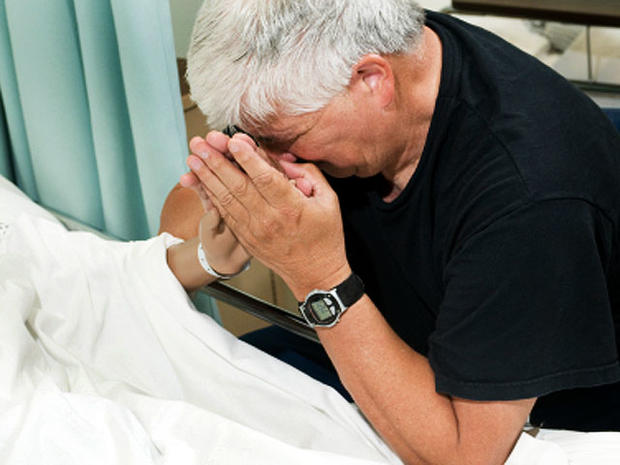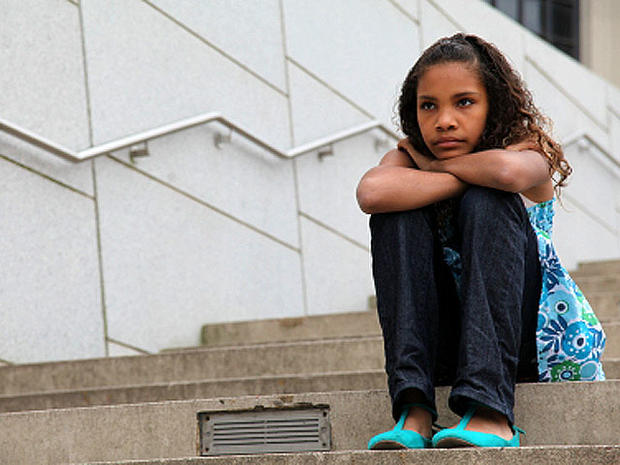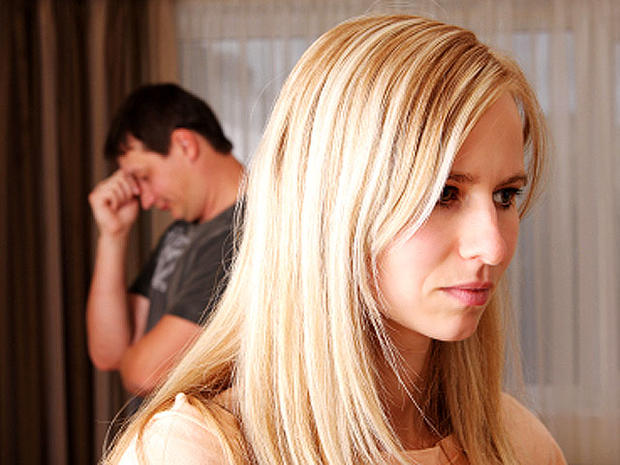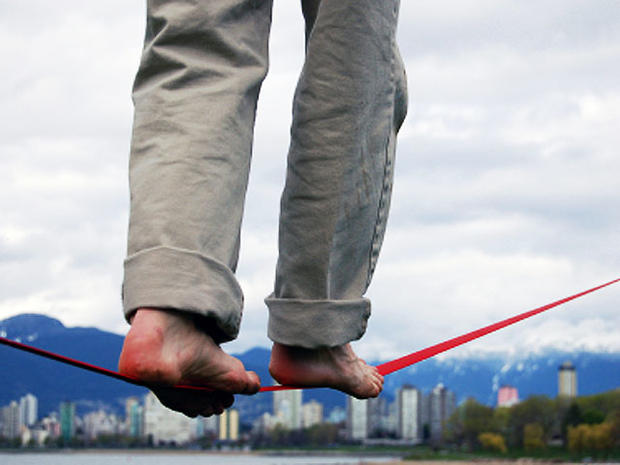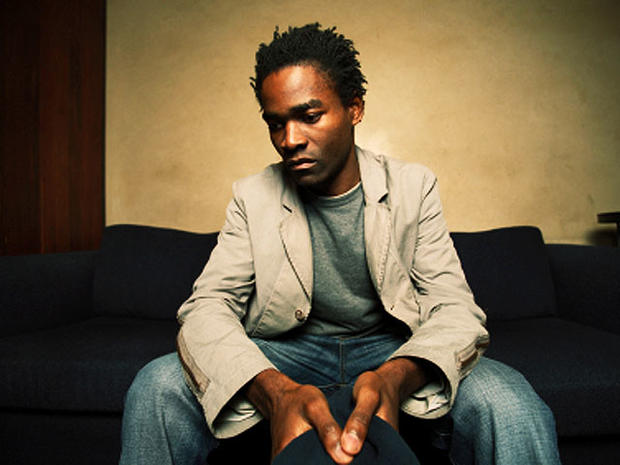Suicide: 9 deadliest myths
Think suicide is a rarity? Every year around the world, more than one million people take their own lives. That's a bigger toll than is taken by war and homicide combined. Yet despite the fact that it's so common, our society seems desperate to keep suicide a shameful secret.
Dr. Nancy Rappaport knows a thing or two about suicide, and not just because she's a psychiatrist. Her mother took a deadly overdose of pills in the midst of a bitter custody battle in 1963, when Nancy was just four. But in an effort to make sense of her mother's death - and to dispel the many dangerous myths about suicide - she wrote a book, "In Her Wake: A Child Psychiatrist Explores the Mystery of Her Mother's Suicide." Keep clicking to hear what she has to say. It just might save a life...
Myth: Suicide is caused by a single event
Some people think most suicides are caused by a single shocking event, such as the loss of a job or a relationship or a death of someone close. In fact, mental illness is the key factor in most suicides. More than 90 percent of people who kill themselves are grappling with clinical depression, substance abuse, or another mental health problem. A crisis of some sort might trigger a suicide, but only when someone's finger is already on the trigger.
Myth: Kids should be kept in the dark
When there's been a suicide in the family, parents often think it's best to hide that knowledge from their children. But studies have shown that frankness is the better approach. Let the child lead the conversation, and answer their questions truthfully (but age-appropriately). Avoid euphemisms, which can be confusing to kids. Be sure the child knows he/she is loved and cared for, and that their emotional needs will be met. You'll probably revisit the conversation several times as the child grows up and his/her level of understanding grows.
Myth: Suicide is the family's fault
The family members of someone who dies by suicide are often tortured by feelings of guilt and shame - and "what if" questions. But even if there are problems within a family, the family is not what causes a family member to kill himself. Do families blame themselves if someone dies of a heart attack or cancer? No. They shouldn't blame themselves if someone dies by suicide. Then again, there are things parents can do to protect potentially suicidal kids. Steps include keeping guns out of the house and watching out for signs of depression, substance abuse, and signs of cutting or other forms of self-injury.
Myth: Antidepressants cause suicide
It's true that some antidepressants can slightly raise the risk of suicidal thoughts and behavior in adolescents and young adults, but suicide is far more common in people whose depression goes untreated. What's the best treatment for depression? Usually a combination of medication and psychotherapy - with the medication ideally under the close supervision of a psychiatrist.
Myth: Suicide is a problem of young people
Think old people don't kill themselves? Think again. People over 65 are a third more likely than teens and young adults to take their own lives. Risk factors for suicide in the elderly include the death of a loved one, physical illness or pain, social isolation, and major life changes. Depression in older people often goes untreated and unrecognized in the elderly.
Myth: A failed suicide attempt means the person wasn't "serious"
This is complicated. Ninety percent of people who survive a suicide attempt do not wind up dying of suicide - effective treatment being the key factor here. But people who try suicide once and survive are at much greater risk of making another attempt. The risk of another attempt is greatest during the first two years after an initial attempt.
Myth: Talking about suicide can trigger a suicide
If someone you care about seems suicidal, don't be afraid to ask, "Are you thinking about killing yourself?" That question is not going to push someone over the edge. In fact, it might prove life-saving. Make sure the person knows that you care and that you are there to offer support.
Myth: Once someone decides on suicide, there's no way to intervene
Suicidal people often change their minds when friends or family members step in. What can you do? Stay close, and encourage him to call a doctor. If suicide seems imminent, call 911 or escort him to the emergency room. Another great resource is the National Suicide Prevention Lifeline at 800-273-TALK.
Myth: Suicide occurs out of the blue
Up to 75 percent of people who die by suicide do so after giving some sort of warning to a friend or family member. Warning signs include hopelessness, mood changes, agitation, increased substance use, and social isolation.

